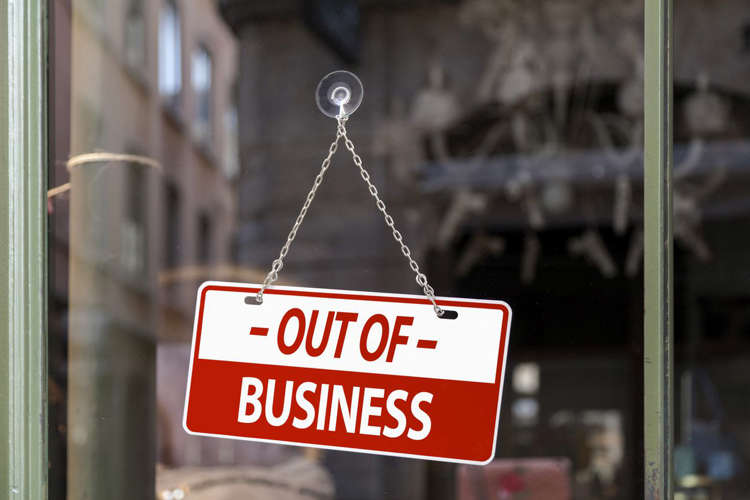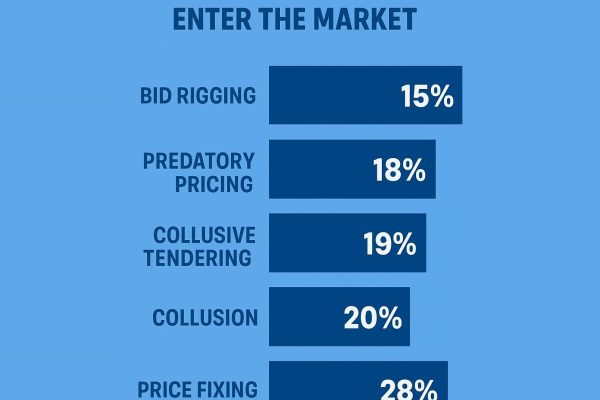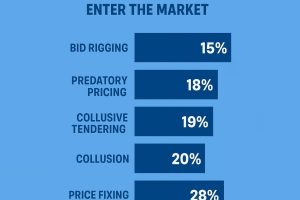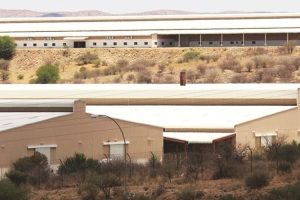
By: Dwight Links
The Forum of German-Speaking Namibians (FDN/FGN) is calling on fellow private sector operators and the government to address the status of Namibia’s inability to attract investments for other ventures and sectors that are underdeveloped.
The forum met with various academics, businesses, and government representatives in Swakopmund over the weekend, focusing on the ease of doing business in Namibia.
According to the assessment conducted by the World Bank Group, which measures the absolute level of regulatory performance over time, Namibia ranks 104th globally. The assessment captures the gap between each economy and the best regulatory performance observed on each of the indicators across all economies in the ‘Doing Business’ sample since 2005.
Confirming Namibia’s position of 104, the chairperson of the forum, Harald Hecht, implored that the government does more to ensure that the business environment is more attractive than the current situation.
“[The] government needs to improve on the quality of the enabling environment and address and embrace all the new economic growth potential in Namibia in the oil & gas, green hydrogen and other minerals sectors – of which a lot of energy sources and minerals were only discovered and explored during the last three to four years – and maximise the returns from these new opportunities,” Hecht explained.
With the provision for liberties like freedom of expression and the pluralistic media landscape, coupled with being one of the most stable democracies in Africa, Hecht noted that these are stark contrasts to the ability of the country to be a business-welcoming haven.
“Namibia also enjoys the second-highest press freedom in Africa and is regarded as the fourth-most stable country in Africa, but is only the 18th most attractive investment destination in Africa. Why? Namibia is also ranked in a very low position in the ease of doing business in position 104 out of 190 economies worldwide,” Hecht added.
Hecht shared that there are eager investors from Europe who wish to do more in Namibia, ever since the Ukraine conflict broke out and the latest Gaza conflict of 2023. He added that there is a real desire to engage with Namibia because of these uncertainties brought on by conflict.
“A lot of investors from Europe are looking at Namibia as a safe haven and alternative destination or location, especially with the unfortunate events since February 2022, with the Russian invasion of Ukraine and the war in the Gaza region since October 2023. It has further compounded this desire to leave Europe and look for greener pastures. Viewed against this backdrop, Namibia feels like an oasis of calmness,” he stated.
FERTILE GROUNDS
In the same engagement, Cirrus Capital co-founder, Roland Brown, outlined in his presentation that the fertile ground is actually at the micro level of the Namibian economy.
“You can tier the economy from enterprise to individual levels. You can see what is bought and sold, and what is consumed at that level,” Brown outlined.
He also notes that the confusion arises from the misconception that businesses should exist only to provide jobs without justifying their survival strategy.
“Goods bought and sold, micro-enterprises making more goods and selling more of those goods, lead to growth, which will reflect in the aggregate macro-economic picture of the country. The opposite picture of that is when businesses do not sell or make enough income from their activities, leading to them closing down and employees left without a job,” Brown stated.
He added that this can lead to affiliate strategies for saving and investing, and being able to survive without business closure.
“It creates this sustainable loop – like being able to continuously pay taxes and so on. But micro is not responsible for macro, because macro is the outcome provided by the micro efforts,” Brown indicated. In the presentation, he stressed that it is not the job of the micro-economic actors to achieve macro-economic policies. Citing that it is not a private sector actor’s sole aim to provide employment, but rather to achieve a conducive level that incorporates job creation and further consumption in the economy.
Profit is not an negative connotation for the economy, according to Brown. He shared this in light of a public figure stating that “profit is an evil concept.” However, Brown maintains that profit is an essential component for a business or the private sector.
The discussion aimed to find solutions going forward, with participation from public institutions such as the Ministry of Home Affairs & Immigration, NamRA, BIPA, and the Master of the High Court, to mention but a few.









